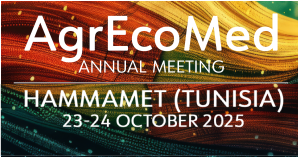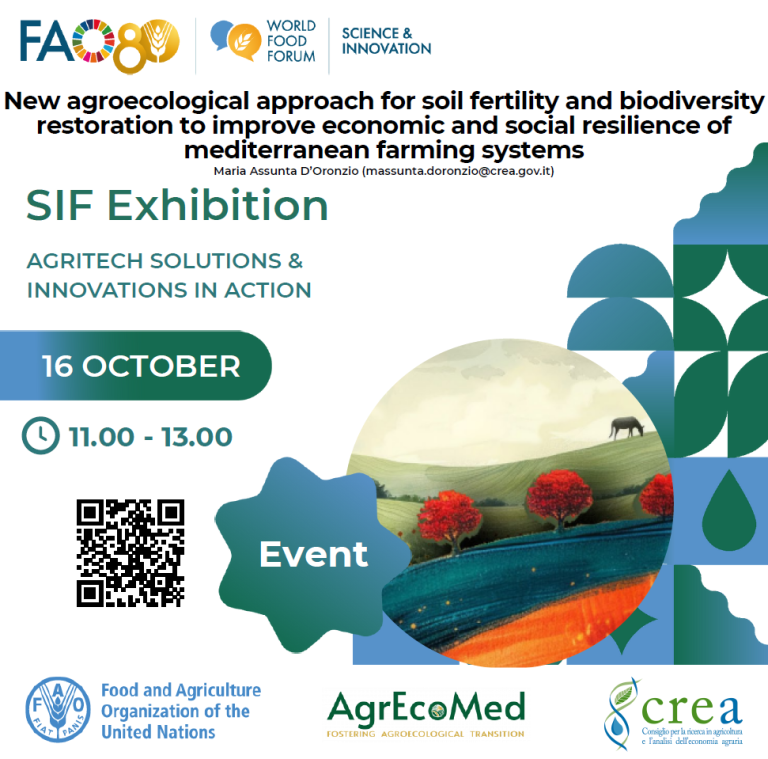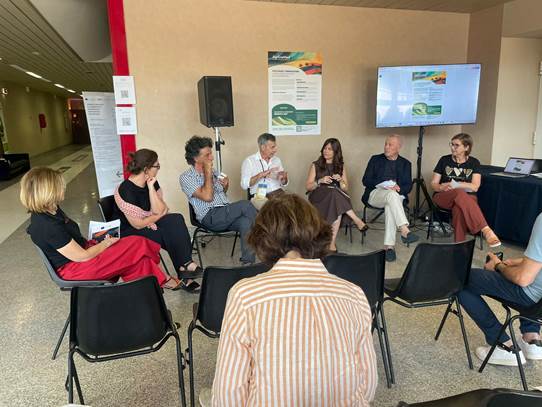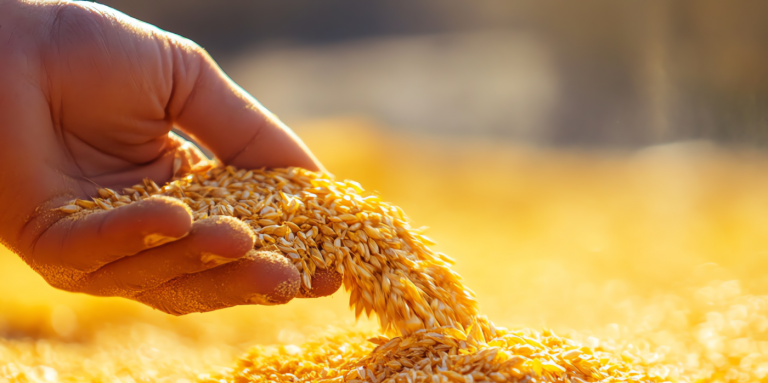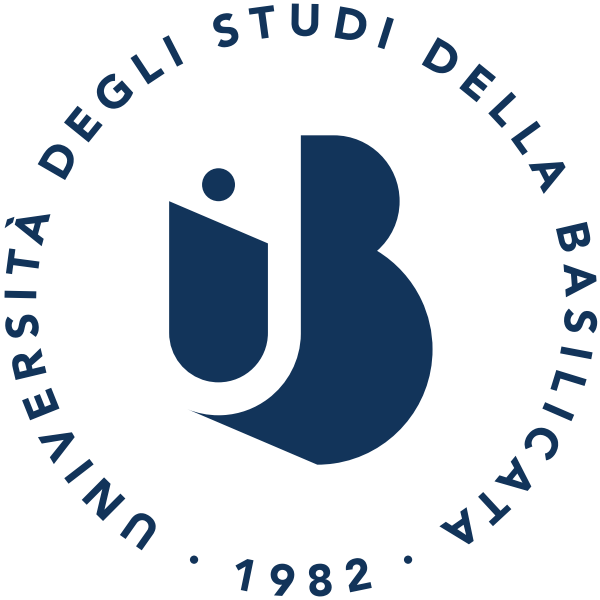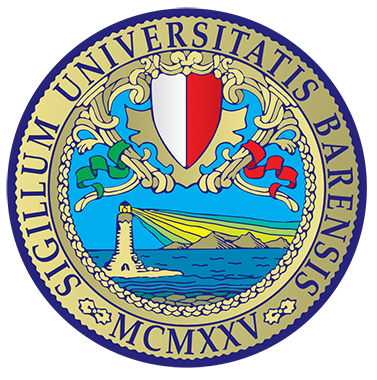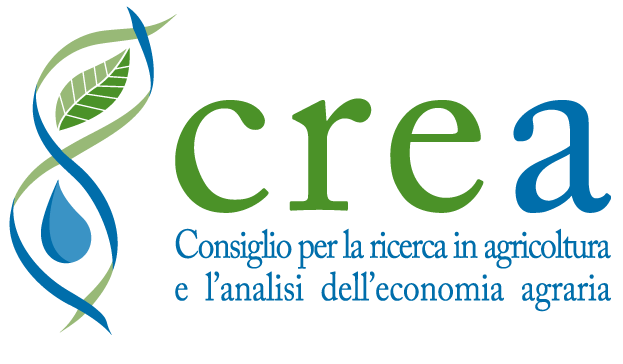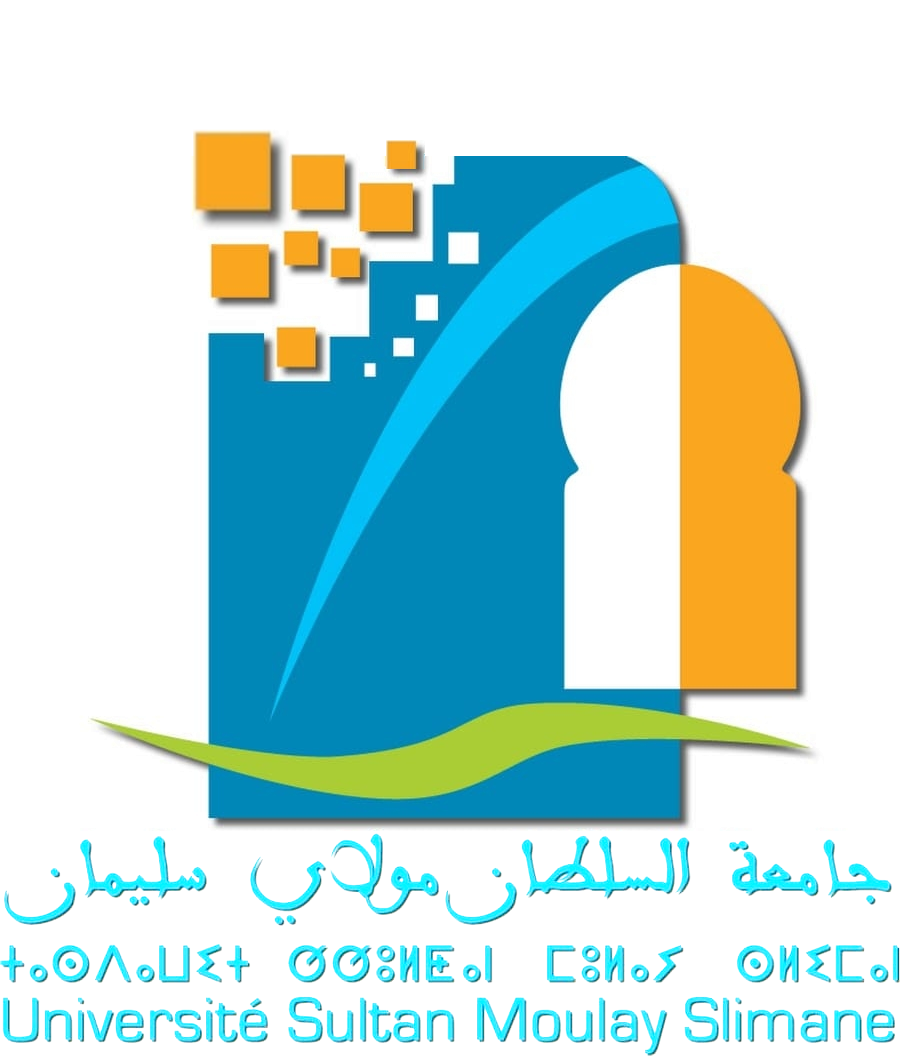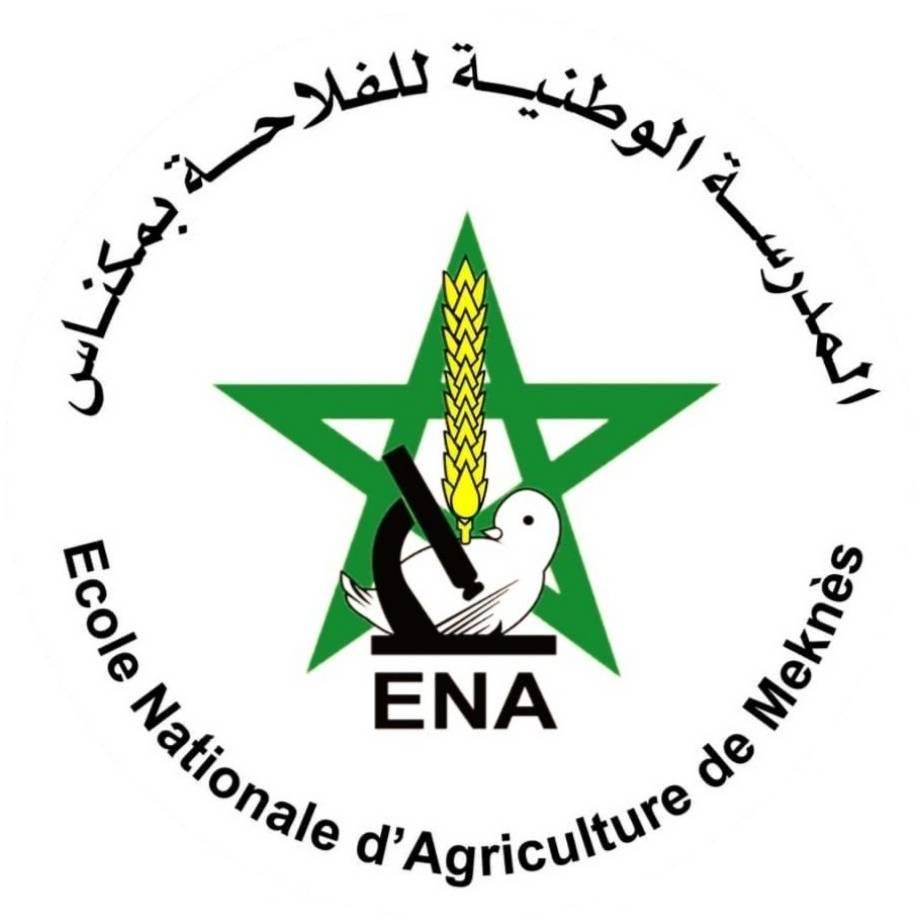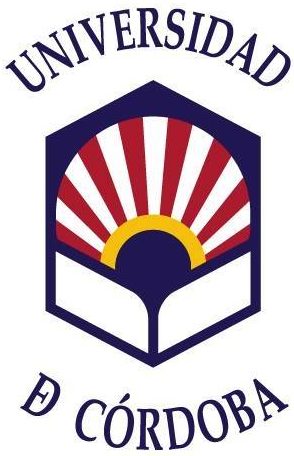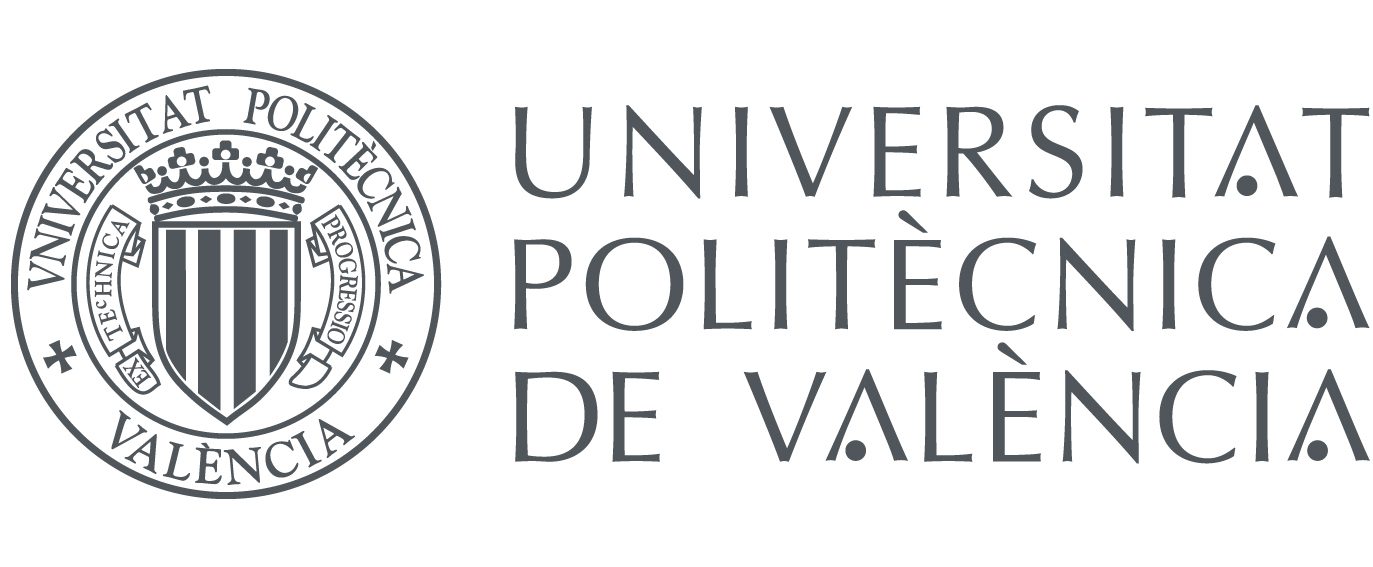
NEW AGROECOLOGICAL APPROACH FOR SOIL FERTILITY AND BIODIVERSITY RESTORATION TO IMPROVE ECONOMIC AND SOCIAL RESILIENCE
OF MEDITERRANEAN FARMING SYSTEMS
OF MEDITERRANEAN FARMING SYSTEMS
NEW AGROECOLOGICAL APPROACH FOR SOIL FERTILITY AND BIODIVERSITY RESTORATION TO IMPROVE ECONOMIC AND SOCIAL RESILIENCE
OF MEDITERRANEAN FARMING SYSTEMS
LATEST NEWS
THE PROJECT
AgrEcoMed project, conceived on the basis of the main principles on which the agroecological transition is based, aims to push the farmers of the Mediterranean Region to adopt new crop systems with greater biodiversity and new farming practices and technologies. The on-going and final results of the project will be spread and made available at local, national and international level.
Objective
The main objective of AgrEcoMed consortium is to fill the research gaps for implementing a biodiversity-based strategy for primary crops as cereal farming systems through an Agroecological approach adapted to environments in Mediterranean countries, efficient use of natural resources, reduction of pollution, circular economy. Such goal will be achieved through innovative approaches to support the sustainable production of staple foods in the scenario of present and future climate changes.
Methodology
The project will adopt a place-based and user-centred co-creation approach, engaging groups of farmers and other relevant actors of the local food supply chain in jointly exploring and developing innovative solutions, arrangements and coordination systems adapted to local agro-environmental, socio-economic and territorial context. Research activities will be integrated into real-life settings, creating a co-learning and co-designing environment.

